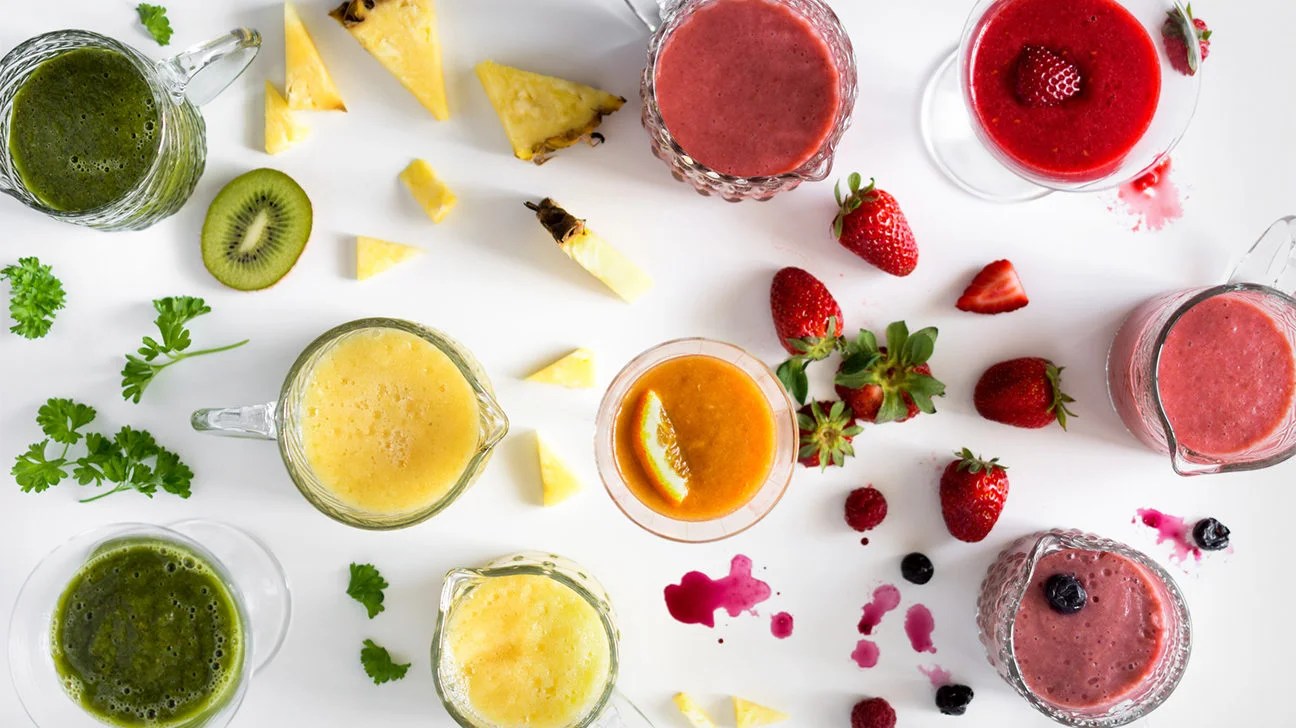
Inflammation isn’t always a bad thing. In fact, the natural process of inflammation helps your body heal and protect itself.
But chronic inflammation? Not as cool, especially if it accumulates. Fortunately, what you eat can be one of the most powerful ways to curb inflammation and the symptoms it causes.
A 2018 study found that people who followed an anti-inflammatory diet were less likely to die from heart disease or cancer, even if they were smokers.
The researchers in the study separated foods with anti-inflammatory and inflammatory potential into 16 food groups. They counted the food group as anti-inflammatory only when participants met the cutoff criteria (serving size).
Here’s what they considered, per day:
*This study was done in Sweden, where breakfast cereal is drastically different from in the United States. Swedish breakfast cereal, also known as muesli, is a dry, unsweetened oatmeal-based dish with dried fruits and nuts.
Weekly servings
- nuts (≥ 2 servings)
- red wine (2–7 servings)
- beer (2–14 servings)
How would a diet like this look in action? Here’s one day of anti-inflammatory foods:
Today’s goal: a berry good breakfast. Include berries — such as raspberries, strawberries, blueberries, and blackberries — in your morning meal.
Berries are bountiful in anthocyanins, a type of antioxidant that has powerful anti-inflammatory effects. In fact, berries have some of the highest antioxidant levels according to ORAC, or oxygen radical absorptive capacity (say that five times fast).
Studies show that blueberries increase NK (natural killer) cell counts and reduce inflammation and strawberries lower inflammation markers related to heart disease.
Try: Whip up a quick berry-flax smoothie with frozen berries or add fresh berries to yogurt, granola, or oatmeal.
Hello, snack break. Let’s get tropical.
Bromelain is a protein-digesting enzyme that reduces pain, swelling, and inflammation — and pineapple is the only major dietary source of it.
Pineapple may be beneficial in reducing inflammation associated with joint disorders (like arthritis) and inflammatory bowel disease. It can also help reduce swelling and bruising related to injuries.
Try: Cut up pineapple and store in glass containers for easy on-the-go snacking. To maximize flavor and freshness, store cut pineapple in pineapple juice.
Goodbye, CRP and IL-6. No, those aren’t new “Star Wars” droids — CRP and IL-6 are inflammatory markers. And the Mediterranean diet has been shown to significantly reduce them.
For lunch, take inspiration from the Mediterranean and make a salad stacked high with leafy greens, veggies, some nuts, and healthy fats such as avocado.
Be sure to top that salad with tomatoes, too, since they’re rich in the inflammation-fighting antioxidant lycopene. And when it comes to the dressing, make sure it includes extra-virgin olive oil.
Try: Make one of these killer Mediterranean diet lunch recipes, guaranteed to prevent any #SadDeskLunch situation.
Sounds delicious already, right?
Fatty fish, like salmon or sardines, contain the highest levels of omega-3 fatty acids. Your body turns these fatty acids into compounds (resolvins and protectins, to be specific) that have powerful anti-inflammatory benefits.
If you’re vegan, swap salmon for tofu.
Bonus points for including whole grains at dinner.
Try: Dig into this teriyaki salmon quinoa bowl with broccoli (another anti-inflammatory contender).
Turmeric and ginger make one awesome inflammation-fighting team.
Curcumin, the main active ingredient in turmeric, is a potent anti-inflammatory compound. Research suggests it’s effective even in low doses for people without diagnosed health conditions.
If you decide to end the night with some turmeric goodness, pair it with ginger for a double dose of anti-inflammatory benefits. And add a sprinkling of black pepper, which significantly increases your body’s absorption of turmeric.
Try: A ginger-y turmeric tea before bed or a no-bake superfood sweet treat.
- refined carbs
- pastries and sweets
- fried foods
- sodas and sugary drinks
- margarine
- red meat
- processed meat
- excessive alcohol
And if you’re looking for anti-inflammatory diet info for a specific health condition, we’ve got you. Check out our tips on what to eat if you have psoriasis, diabetes, or eczema.
Tiffany La Forge is a professional chef, recipe developer, and food writer who runs the blog Parsnips and Pastries. Visit her at her blog or on Instagram.
https://greatist.com/eat/anti-inflammation-servings-foods
